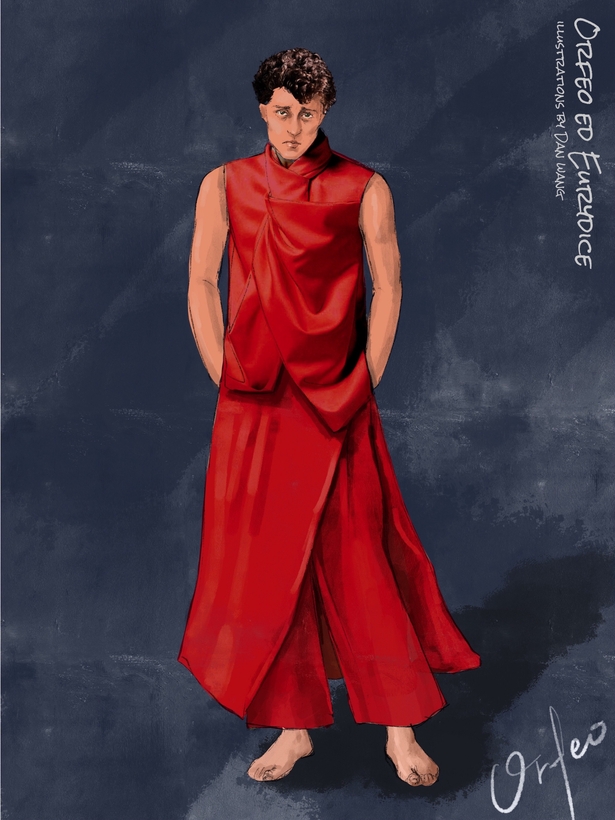Of all the characters who live in opera, composers over the ages have loved none more than Orpheus, who descended into the Underworld, sang for the dark powers, and won his beloved Eurydice back from the dead. Excluding the current hit Hadestown on the grounds that it’s a musical, more than 70 lyric treatments of the tale are known to exist. Not that it always ends happily. By decree of the gods, Orpheus could not turn his face to Eurydice until they’d safely arrived in the land of the living. But his apparent coldness baffled her. She played on his heartstrings, and he gave in. Game over?
Not in Gluck’s Orpheus and Eurydice. It’s at this juncture that the hero sings “Che farò senza Euridice” (which the legendary Kathleen Ferrier sang in English as “What is life to me without thee?”—close enough).You expect a brokenhearted lover to sing in a minor key, but no, this time it’s sunny in C major. As for tempo, you might expect the slow motion of a dirge on the one hand or the agitato prestissimo of wild despair on the other, but no, this time it’s Andante con moto—“At a walking pace, moving on.” In the current San Francisco Opera production, streaming live on Sunday afternoon, it’s the Polish countertenor Jakub Józef Orliński who takes on the aria’s counterintuitive demands. Spoiler alert: Though Orpheus isn’t even asking, his song once again melts the hearts of the gods.

Last year, Orliński made his Metropolitan Opera debut in what is probably still the most recent Orpheus opera, Matthew Aucoin’s Eurydice, to Sarah Ruhl’s libretto after her play of the same name. As the ethereal shadow called Orpheus’s Double, the countertenor represented the divine talent housed in the otherwise unremarkable “real” Orpheus (a doofus baritone). Orliński ennobled the conceit with his sensual amber tone, eloquent musicianship, and balletic presence (as fans know, he’s also an avid break dancer).
Curious to note, the creators left it up to the director, Mary Zimmerman, whether the Double would be visible to the audience at all or just a quasi-instrumental voice from the pit. “Certainly Eurydice does not see him, though she is constantly aware that there is something Orpheus is hiding from her,” Aucoin writes. “Needless to say, if you feel this way in a relationship, I would advise you to get out while you can.”
You’ll guess that theatrically speaking, Orpheus’s Double is a thankless part. Whether Orliński or anyone else will ever sing it again is an open question. New operas, even the best of them, have a way of sinking without a trace. Gluck’s Orpheus, on the other hand, is blessed with a succession of platinum hits that have secured his uninterrupted presence onstage since 1762. This is music Orliński was born to sing, from the hero’s off-the-beat cries at Eurydice’s graveside, to his confrontation with the Furies, to his rapture at the sight of Elysium, not to forget the crowning pages of the score already mentioned.
Orpheus and Eurydice streams live from the San Francisco Opera on Sunday, November 20 at 2:00 P.M. P.T. and will be available on demand for 48 hours beginning November 21, 10:00 A.M. P.T. To buy a pass, click here
Matthew Gurewitsch writes about opera and classical music for AIR MAIL. He lives in Hawaii

